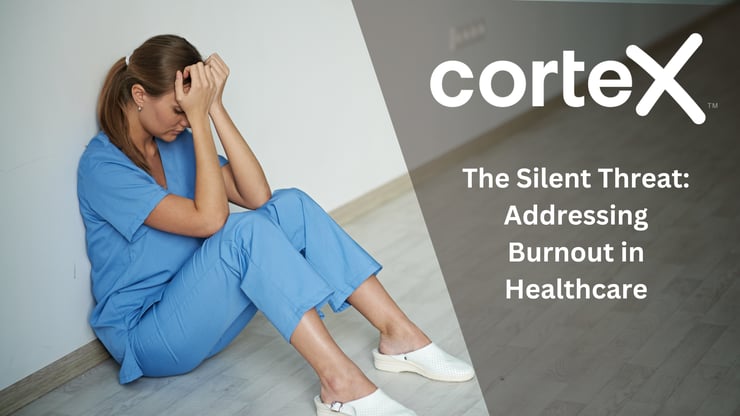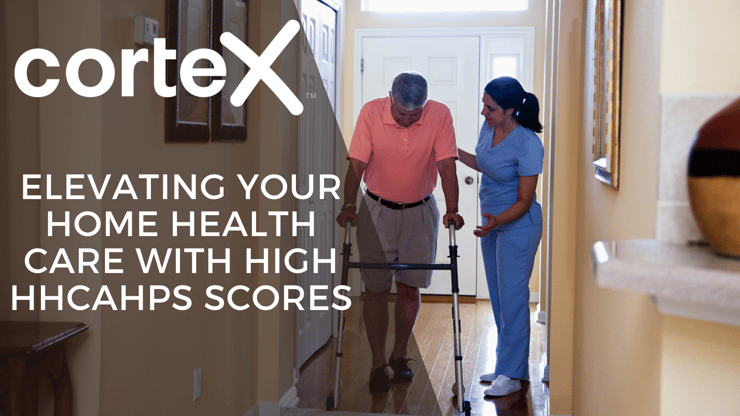Ensuring your patient’s experience is a good one is essential to creating a successful, profitable practice. Here’s why.

1. Better patient experience leads to better health outcomes.
A recent study published in the Journal of Patient Experience found a close association between higher patient experience scores and major clinical outcomes. Among the findings, good communication was tied to lower readmissions. Lead researcher Stephen Trzeciak, M.D. has a few theories on the association. One, healthcare providers that deliver excellent patient experiences may be just as diligent in providing excellent care. Two, a good experience can inspire patient confidence along with a patient’s adherence to their treatment plan.
2. Patient satisfaction leads to loyalty and improved patient retention.
Patient retention affects your bottom line as far as profitability. The loss of revenue from a single patient due to dissatisfaction can result in the loss of over $200,000 in income over the lifetime of a practice.
3. Satisfied patients, satisfied staff.
When patients are satisfied, staff morale tends to be high. This leads to lower turnover rates and increased productivity.
4. Fewer malpractice suits.
There is an inverse relationship between patient satisfaction rates and medical malpractice suits.
5. An easier path to accreditation.
Accreditation organizations rely heavily on the quality of service, including the International Organization for Standardization (ISO), National Accreditation Board for Hospitals (NABH), and Joint Commission on Accreditation of Healthcare Organizations (JCAHO).
6. Higher profits.
According to a report by The Deloitte Center for Health Solutions, hospitals with high patient-satisfaction scores have higher profitability and earn disproportionately more than they spend compared to those with lower ratings.
How to Survey Your Patients: Traditional NPS vs. HCAHPS and other Customer Feedback Models
So now that you’re convinced that you need to start measuring your patients’ experience, the question is how. There are several methods to collect customer feedback including the traditional NPS and the Medicare-mandated HHCAHPS.
NPS: One Question, One Objective
The Net Promoter Score is said to be the most important indicator of a company’s success and it’s all based around one simple question: “How likely would you be, on a scale of 0-10, to recommend this product to friends, family, or colleagues?” The scoring is simplistic too. People who answer 0-6 are detractors. People who answer 7 or 8 are neutral. People who answer 9 or 10 are promoters. You calculate your NPS score by subtracting the percentage of detractors from the percentage of promoters.
Ideally, you want all your patients to be promoters. People who categorize in this range are likely to stick with your product or service (high retention), be forgiving of mistakes or less-than-satisfactory service, and promote you to others through word-of-mouth.
HHCAHPS: The Nationally Standardized and Publicly Reported Survey for Home Health Providers
HHCAHPS (Home Health Care Consumer Assessment of Healthcare Providers and Systems) is the first nationally standardized and publicly reported survey of home health care patients’ perspectives of their skilled home care. It was initially implemented on a voluntary basis in 2009 and since has become mandatory by the Centers for Medicare & Medicaid Services (CMS). Starting in 2012, the survey results were publicly reported.
The survey is 34 questions intended to measure patients’ perceptions of their skilled home care. Among these 34 questions is the standard NPS question.
You’ve collected data on patient experience. Now what?
More important that surveying your patients is what you do with the results. The best data is actionable data. If your patients are less than satisfied with their experience, take action to change the circumstances so that future experiences are improved.
That's what one home health agency did...
When Horizon implemented the HHCAHPS surveys, the results averaged around 82% satisfaction. This wasn’t good enough for Horizon. They immediately took action to pinpoint the cause of any dissatisfaction and address it.
They engaged Cortex to make follow-up calls to patients during their stay and after discharge. Cortex staffs registered nurses with the task of gathering patient feedback. These knowledgeable, trustworthy, and friendly professionals are trained to gather accurate feedback from both a clinical and personal perspective. Horizon elected to make three calls in the first month of service and one call 14 days after discharge.
After each call was completed, a report was sent Horizon Home Health case management for review. From there, the team made a series of changes from operations procedures to staff-patient protocols to improve patient satisfaction.
After only three months of data collection and pivoting of procedures, Horizon achieved a 100% score on the HHCAHPS NPS question. Horizon attributes this incredible success to the insight gained in the follow-up calls made by Cortex.




